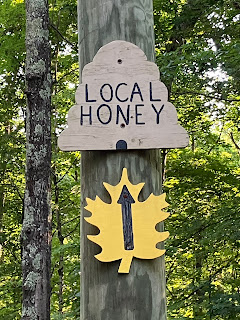So you want to work at a Call Center

Mock Interview Questions 1) Why did you decide to apply at The Acme Corporation ? Or why have you chosen to work for Acme ? 2) What do you know about Acme ? 3) Why do you think that you are the best candidate for a Customer Service Representative position? 4) Describe what you know about the Credit Card industry in Nicaragua or the United States. 5) Please, could you tell me/us a little bit about yourself so I/we can get to know you better? ➢ Background (previous work experiences, your major, projects/scholarships) ➢ Family (parents, siblings, significant other – professions and/or relevant details) 6) Can you tell me a little bit about your past job experiences? 7) Could you tell me some of your pet peeves? 8) Are you the best person for this job? Why? ➢ Primary and secondary school (elementary school and high school) ➢ Hobbies/sports ➢ University – career and personal goals 9) Which do you consi...










